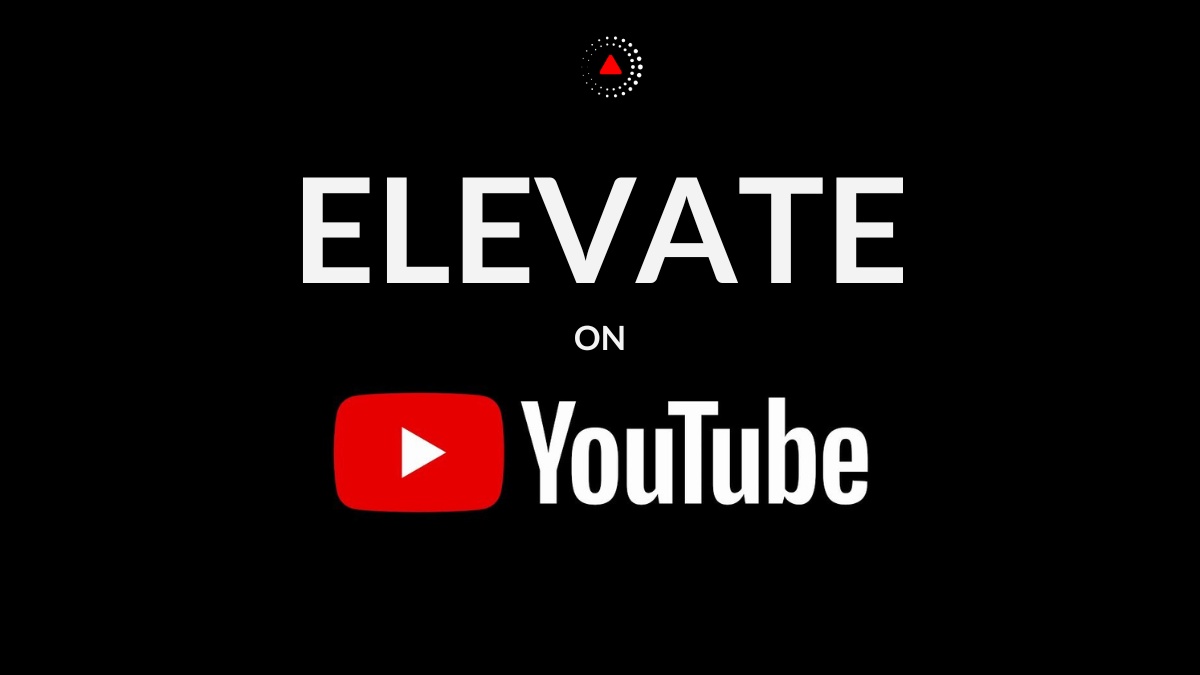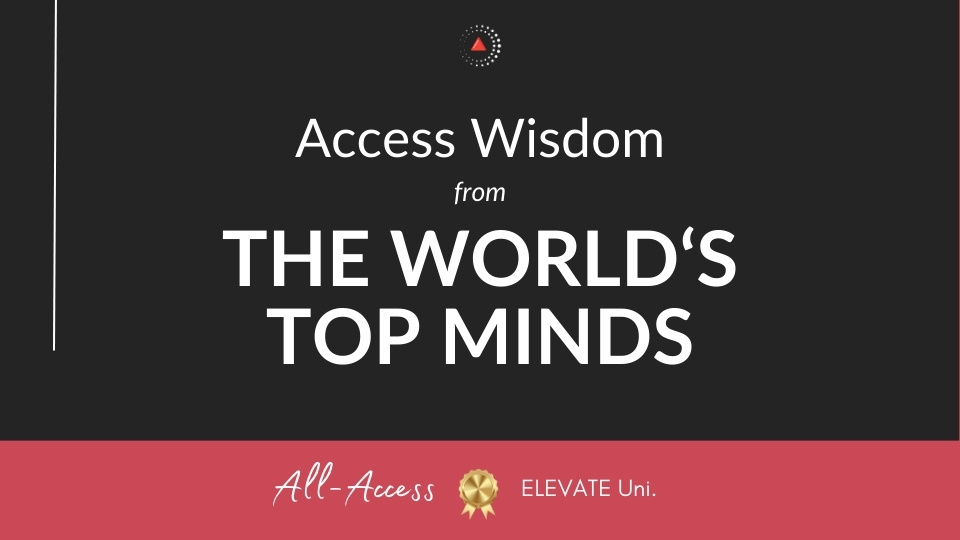We do not wish to impoverish the environment any further, and yet we cannot for a moment forget the grim poverty of large numbers of people.
What's the meaning of this quote?
Quote Meaning: This quote encapsulates a profound tension that exists in our collective consciousness – a delicate balance between the preservation of our environment and the urgent alleviation of human suffering. At its core, it reflects a nuanced understanding of the interconnectedness of ecological health and social justice. The first part of the quote acknowledges a shared responsibility to refrain from further impoverishing our environment. Here, the term "impoverish" extends beyond its conventional association with economic depletion; it encompasses the broader spectrum of environmental degradation, emphasizing the need for responsible and sustainable practices that safeguard the delicate ecosystems supporting life on Earth.
By expressing the collective reluctance to contribute to the ongoing environmental impoverishment, the quote underscores the critical importance of recognizing the finite nature of our planet's resources. It serves as a poignant reminder that our actions, particularly those driven by unchecked consumerism and exploitative practices, have lasting repercussions on the delicate balance of nature. This acknowledgment is a plea for environmental stewardship, urging individuals and societies to adopt mindful, eco-friendly practices that prioritize the long-term health of our planet.
On the other hand, the latter part of the quote introduces a stark contrast, emphasizing the undeniable presence of widespread human poverty. The term "grim poverty" conveys not only the economic hardships faced by a significant portion of the global population but also encompasses the myriad social, cultural, and health-related challenges that accompany such deprivation. This acknowledgment of human suffering is a call to action, a reminder that our ethical obligations extend beyond environmental concerns to the very fabric of human society.
The juxtaposition of environmental and human impoverishment highlights a complex ethical dilemma. It challenges us to navigate the intricate web of interconnected issues, recognizing that addressing one facet of the problem should not come at the expense of exacerbating another. In essence, the quote calls for a holistic approach to societal progress—one that seeks to uplift the impoverished while simultaneously respecting and nurturing the environment.
At a deeper level, this quote prompts contemplation on the systemic nature of these challenges. It invites us to reflect on the root causes of both environmental degradation and human poverty, recognizing that they often stem from intertwined structures of inequality, exploitation, and unsustainable practices. Addressing these issues requires a paradigm shift, a departure from short-sighted approaches that prioritize immediate gains over long-term well-being.
In conclusion, this quote encapsulates a delicate balance between environmental conservation and social justice, serving as a poignant reminder of the intricate connections between the well-being of our planet and the prosperity of its inhabitants. It challenges us to adopt a holistic perspective, urging for solutions that not only safeguard the environment but also uplift the disenfranchised, recognizing the inherent interdependence of these two fundamental aspects of human existence.
Who said the quote?
The quote "We do not wish to impoverish the environment any further, and yet we cannot for a moment forget the grim poverty of large numbers of people." is often attributed to Indira Gandhi (Quotes). Indira Gandhi was India's first female Prime Minister and a powerful political leader who played a significant role in shaping the nation's modern history.
Chief Editor
 Tal Gur is an author, founder, and impact-driven entrepreneur at heart. After trading his daily grind for a life of his own daring design, he spent a decade pursuing 100 major life goals around the globe. His journey and most recent book, The Art of Fully Living, has led him to found Elevate Society.
Tal Gur is an author, founder, and impact-driven entrepreneur at heart. After trading his daily grind for a life of his own daring design, he spent a decade pursuing 100 major life goals around the globe. His journey and most recent book, The Art of Fully Living, has led him to found Elevate Society.

























